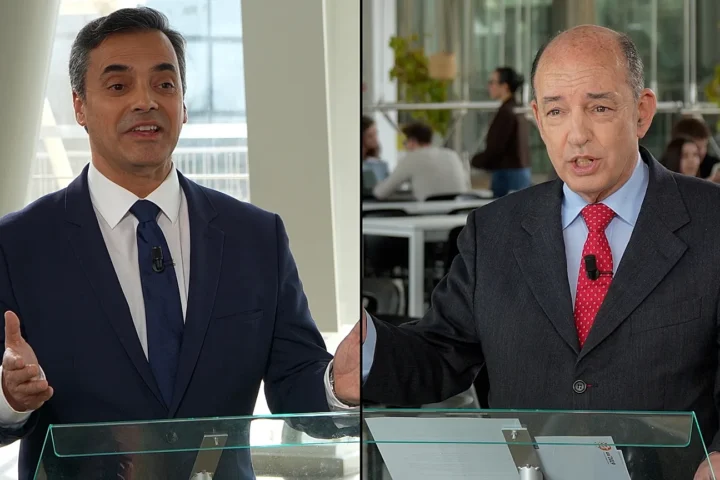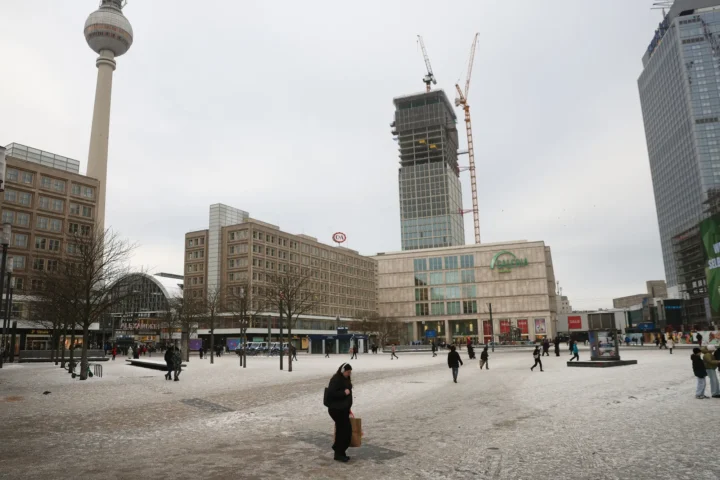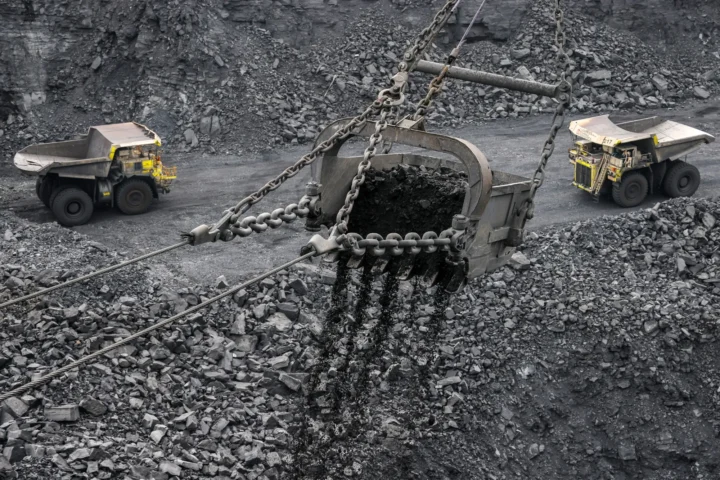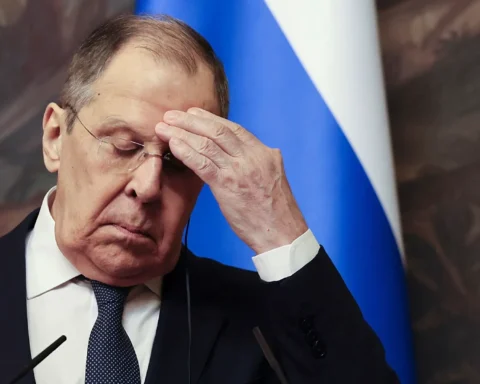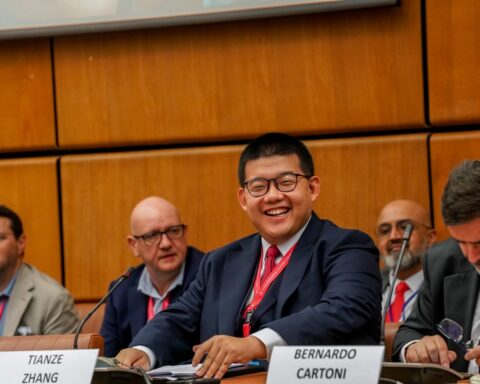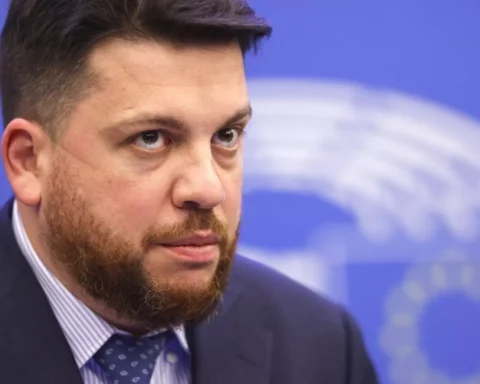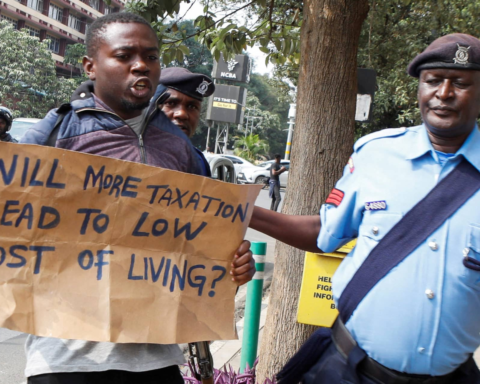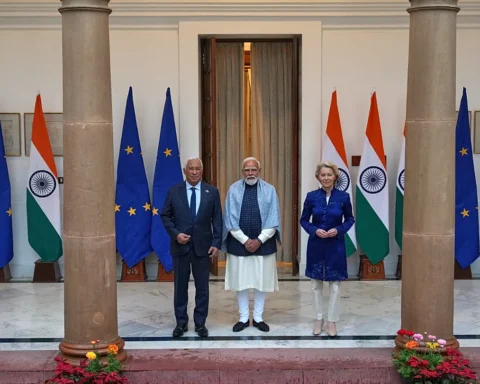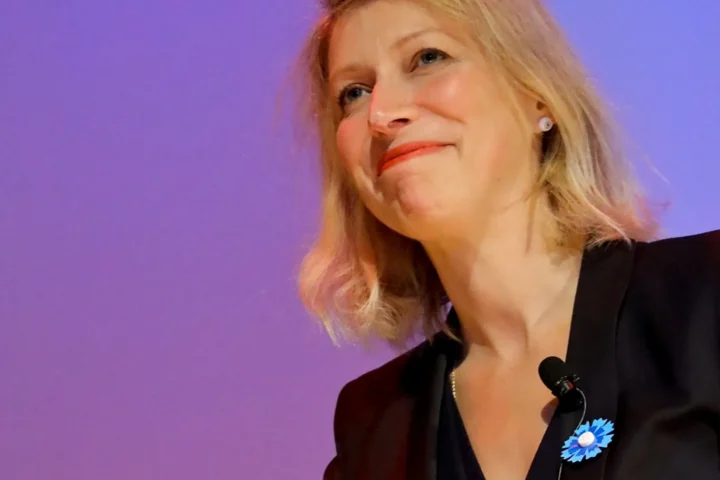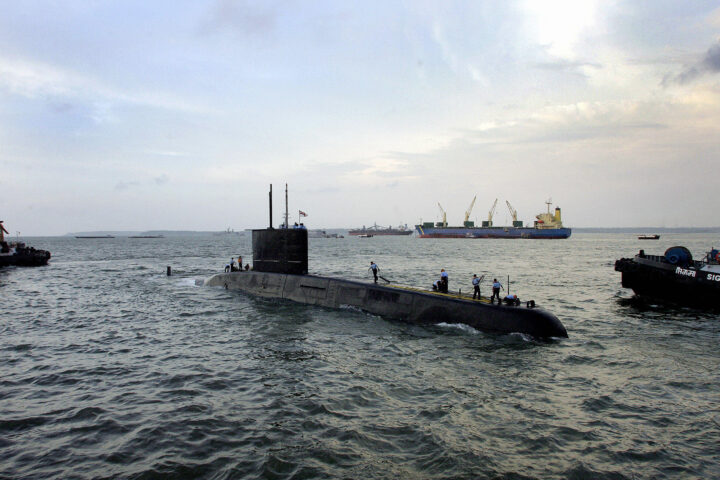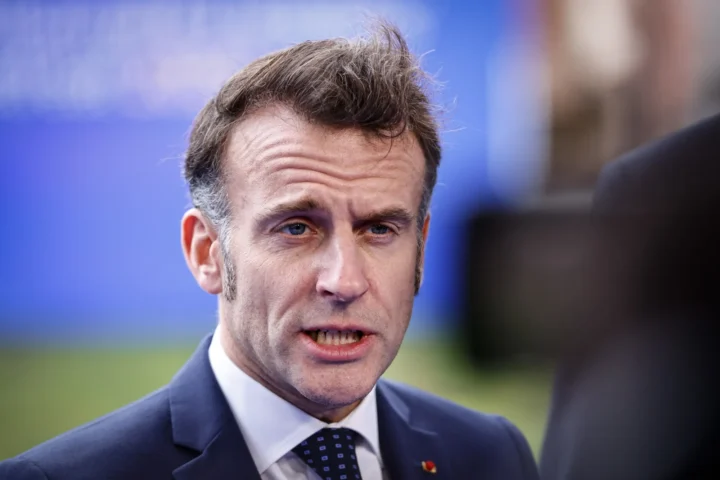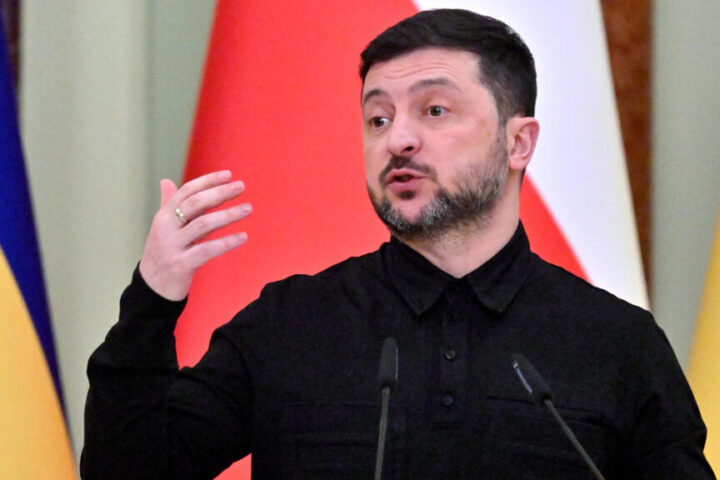As global geopolitical dynamics grow increasingly complex, Denmark has officially assumed the rotating presidency of the Council of the European Union, placing the Nordic nation in a pivotal leadership role during a critical moment for Europe.
Taking over from Belgium for the July–December 2025 term, Denmark’s presidency comes at a time marked by heightened tensions in Eastern Europe, instability in the Middle East, and ongoing economic volatility driven by trade disputes and energy market shifts. Copenhagen has laid out a strategic agenda focused on strengthening EU unity, reinforcing green and digital transitions, and bolstering the bloc’s role on the global stage.
Prioritizing Security and European Cohesion
Top of Denmark’s agenda is reinforcing EU defense coordination and strategic autonomy, particularly in light of Russia’s continued aggression in Ukraine and growing pressure in the Baltic and Arctic regions. Danish Foreign Minister Mette Borgen emphasized that Europe “must stand firm, united, and capable of defending its values and interests” in an increasingly polarized world.
The presidency will also work closely with the European External Action Service (EEAS) to advance a common EU foreign policy position, particularly on China, the Middle East, and EU enlargement efforts in the Western Balkans.
Green Leadership and Energy Independence
Denmark, a long-time leader in renewable energy, aims to accelerate the EU’s transition toward energy independence and climate neutrality. Building on the European Green Deal, the Danish presidency is expected to push for:
- Finalization of new renewable energy financing mechanisms
- Enhanced grid interconnectivity across member states
- A comprehensive framework for green industrial subsidies and carbon border adjustments
Energy security remains a central theme, especially as EU nations continue to diversify away from Russian fossil fuels while balancing affordability and sustainability.
Digital Resilience and AI Regulation
In the digital realm, Denmark will seek to advance EU-wide regulations on artificial intelligence, cybersecurity, and cross-border data governance. The presidency plans to prioritize implementation of the Digital Services Act (DSA) and Digital Markets Act (DMA), alongside progress on the forthcoming AI Act.
These efforts are aligned with the EU’s broader ambition to become a global standard-setter in ethical technology governance and data protection, particularly in light of increasing U.S.-China tech rivalry.
Economic Stability and Competitiveness
Denmark also aims to enhance the EU’s economic competitiveness and resilience. Amid growing concerns over inflation, interest rate policies, and trade disruptions, the Danish presidency supports:
- A strengthened Capital Markets Union to boost investment flows
- Reforms to EU fiscal rules for sustainable growth
- Initiatives to support small and medium-sized enterprises (SMEs) and industrial innovation
Navigating a Fragmented Global Order
Experts note that Denmark’s pragmatic, consensus-driven political culture may serve as an asset during a particularly fragmented period for both the EU and the wider international community.
“Denmark brings credibility and competence to the table,” said Dr. Annelise Schaefer, a senior EU affairs analyst at the European Policy Centre. “Its presidency could be instrumental in steering the Union through a series of complex files—foreign policy, climate transition, and economic reform—at a time when clear, steady leadership is most needed.”
Conclusion
As it takes the helm of the EU Council, Denmark is poised to play a crucial role in shaping the bloc’s strategic direction during the second half of 2025. With a presidency marked by ambition, stability, and a commitment to consensus, Denmark will be expected to guide Europe through mounting external pressures while maintaining internal cohesion and advancing long-term strategic priorities.




